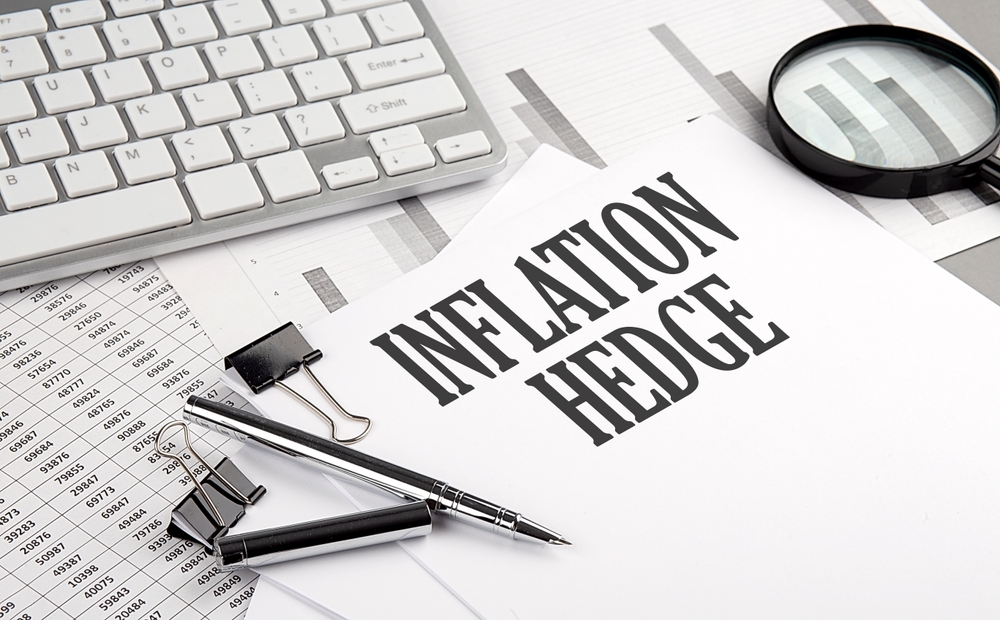
In recent months, the specter of inflation has loomed over financial markets, leaving investors on edge and prompting a reevaluation of their portfolios. Inflation, the rise in the general level of prices for goods and services, can erode purchasing power and impact the returns on investments. As we navigate through this period of economic uncertainty, understanding the implications of inflation and implementing effective strategies becomes crucial for investors seeking to protect and grow their wealth.
Understanding the Current Inflationary Landscape: Inflation rates have experienced an uptick in various parts of the world, fueled by a combination of factors such as supply chain disruptions, increased demand, and rising commodity prices. Central banks are closely monitoring these developments and adjusting monetary policies to maintain economic stability. For investors, staying informed about the prevailing inflationary trends is the first step toward making informed decisions.

Investment Strategies to Hedge Against Inflation:
Diversification: A well-diversified portfolio can act as a hedge against inflation. Allocating assets across different classes, such as equities, bonds, real estate, and commodities, can help mitigate the impact of inflation on overall portfolio performance.
Inflation-Protected Securities: Consider incorporating inflation-protected securities, like Treasury Inflation-Protected Securities (TIPS), into your investment mix. These securities adjust their principal value based on changes in the Consumer Price Index (CPI), providing a built-in safeguard against inflation.
Real Assets and Commodities: Investing in real assets, such as real estate and commodities like gold or precious metals, can be effective in preserving wealth during inflationary periods. These assets often have intrinsic value and may appreciate as inflation rises.
Opportunities for Investors: While inflation poses challenges, it also opens doors to certain investment opportunities for astute investors:
Equity Investments: Historically, certain sectors, like technology and healthcare, have shown resilience during inflationary periods. Identifying companies with strong fundamentals and the ability to pass on increased costs to consumers can present opportunities for equity investors.
Dividend-Paying Stocks: Companies that consistently pay dividends can provide a reliable income stream for investors. Dividend payments may help offset the impact of inflation on purchasing power, making dividend-paying stocks an attractive option.
Strategic Debt Investments: Investing in fixed-income securities that adjust with inflation, such as TIPS or inflation-linked bonds, can offer a degree of protection. Additionally, strategically selecting corporate bonds with strong credit ratings can provide a source of stable income.

TTV Summary:
In times of economic uncertainty, staying proactive and informed is key to successful investing. While inflation presents challenges, it also offers opportunities for those who carefully navigate the landscape. By implementing a diversified investment strategy and considering inflation-resistant assets, investors can position themselves to weather the storm and potentially capitalize on the changing economic environment. As always, consulting with a financial advisor to tailor strategies to individual circumstances is recommended for those looking to make informed and personalized investment decisions.
























